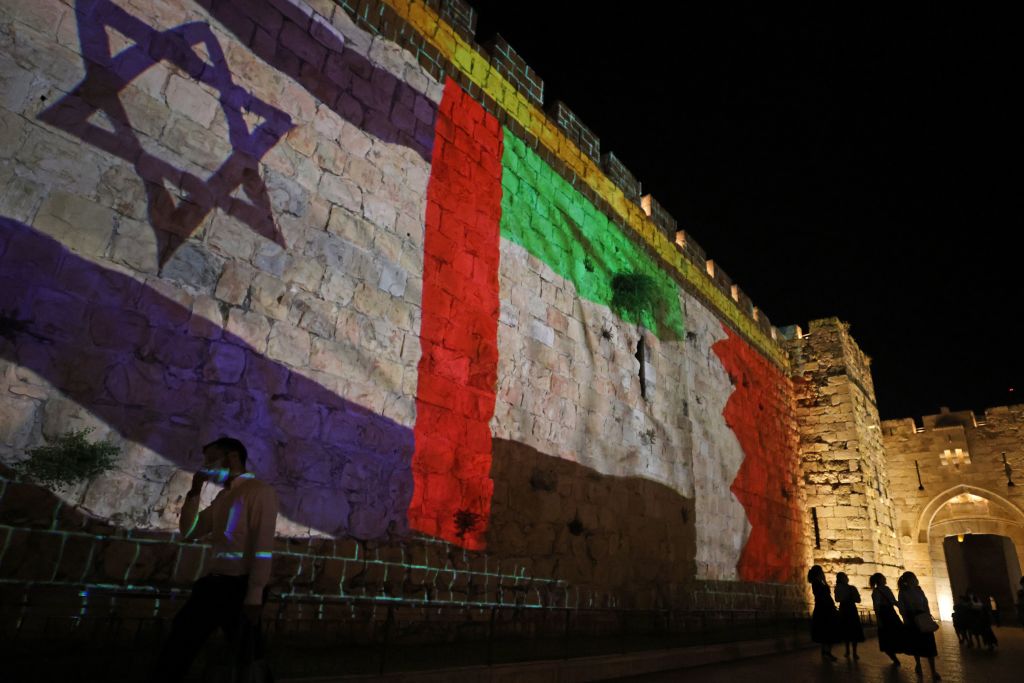The images were touching. In early October, German Foreign Minister Heiko Maas visited the Holocaust Memorial in Berlin with his Israeli and Emirati counterparts. How better to celebrate the recent normalisation of relations between Israel and the United Arab Emirates? In fact, the establishment of diplomatic ties under the Abraham Accords had little to do with honouring the past. If anything, the deal is an attempt to escape from history altogether.
For most of my lifetime, the Israeli–Palestinian conflict was the defining issue in the Middle East. From the Western perspective, ensuring Israel’s right to exist was a way of repaying a historic debt to the Jewish people: Israel, as a homeland for global Jewry, was insurance against future anti-Semitism. But in the Arab world, the displacement of the Palestinians in 1948, and the ongoing experience of Israeli occupation since 1967, was a perpetual rallying cry for successive regimes, most of which capitalised on Palestinian suffering to divert attention from their own failures at home.
With these lines drawn in the sand, the conventional wisdom was that both the Israelis and the Palestinians would need to be compensated for historic wrongs in order to guarantee stability and peace in the Middle East. The Israeli–Palestinian conflict was the key to unlocking a process of diplomatic normalisation across the region. Thus, by agreeing to normalise relations with Israel in the absence of a deal for the Palestinians, the UAE has essentially swept all of this history under the rug. Its embrace of the Abraham Accords, where it was quickly joined by Bahrain, marks a regional paradigm shift.
Read the article by Mark Leonard in The Strategist.

